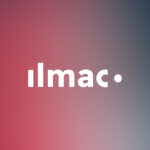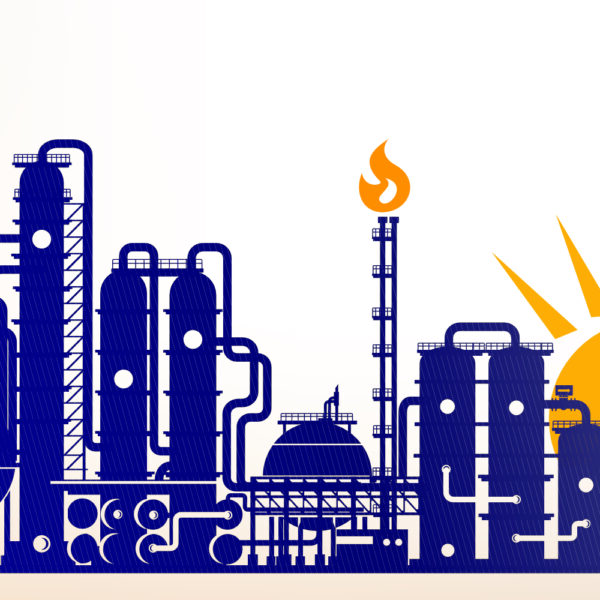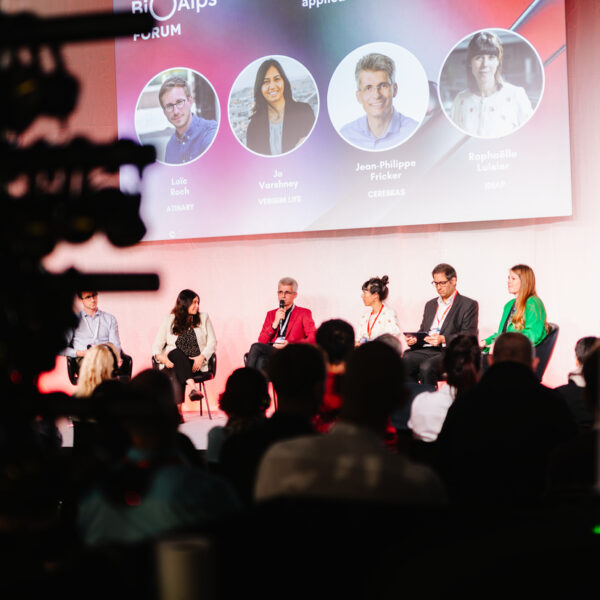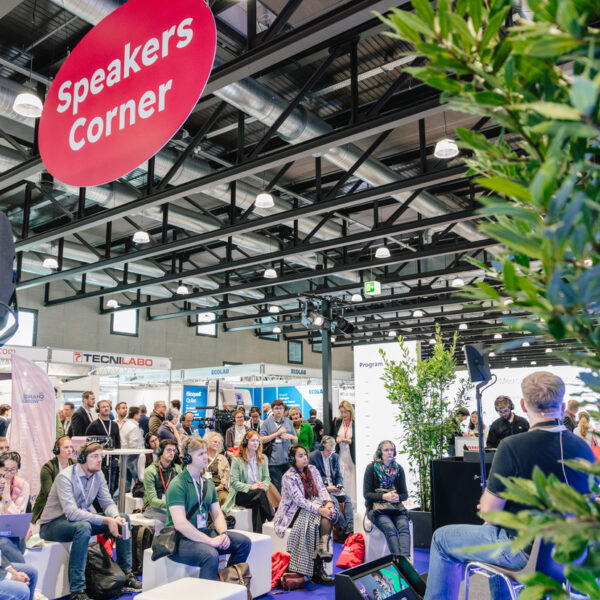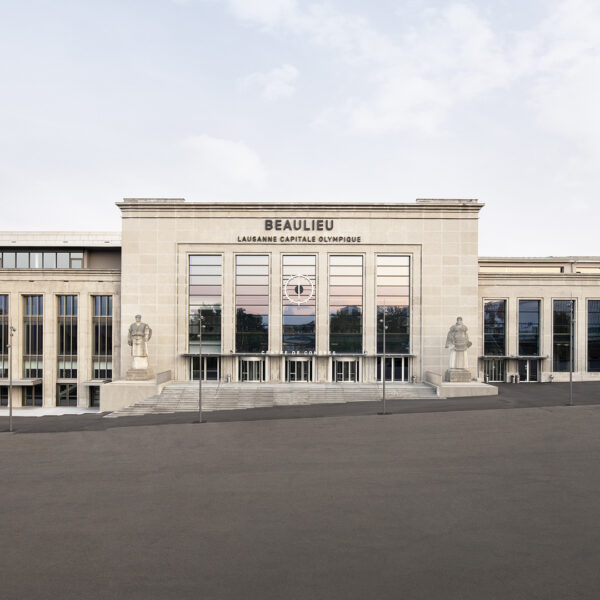Artificial Intelligence
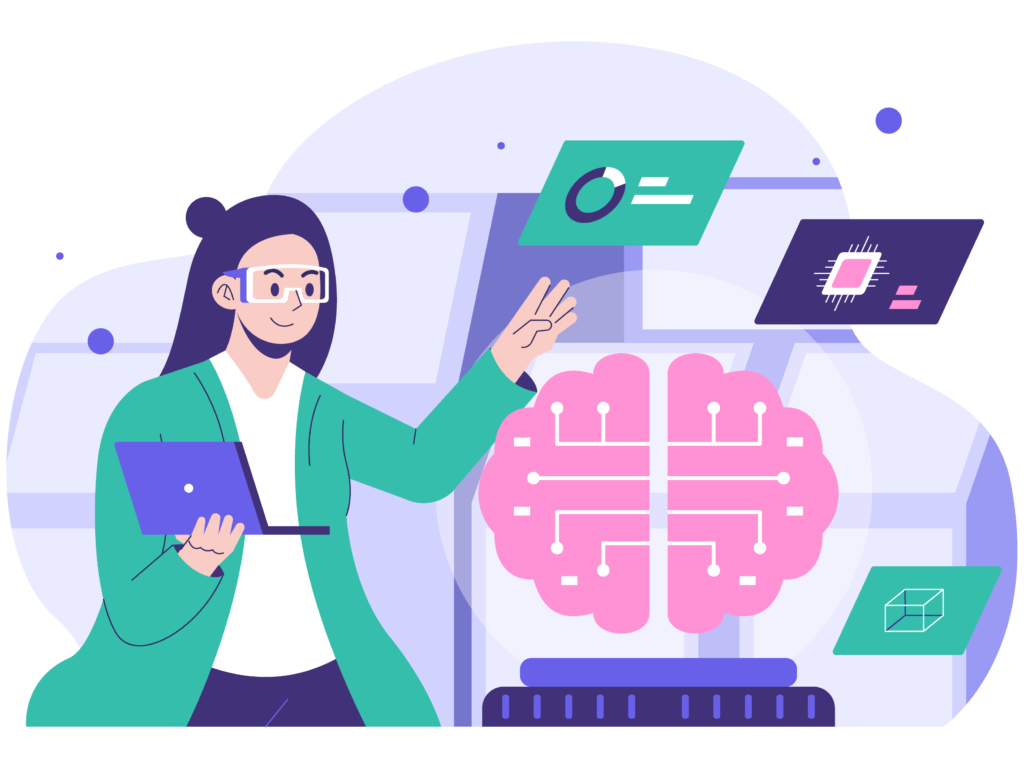
Learning machines create new professional opportunities
Microsoft founder Bill Gates said recently that he doesn’t believe any jobs to be at risk because of artificial intelligence (AI). However, the company is investing heavily in this technology and is still considering laying off five percent of its staff, some 11,000 employees. In a laboratory setting, machines can evaluate an infrared or mass spectrum at least faster, if not more reliably, than a chemist with a PhD. But beyond mere rationalisation, artificial intelligence opens up new research directions and investment opportunities, which in turn creates the need for qualified employees.
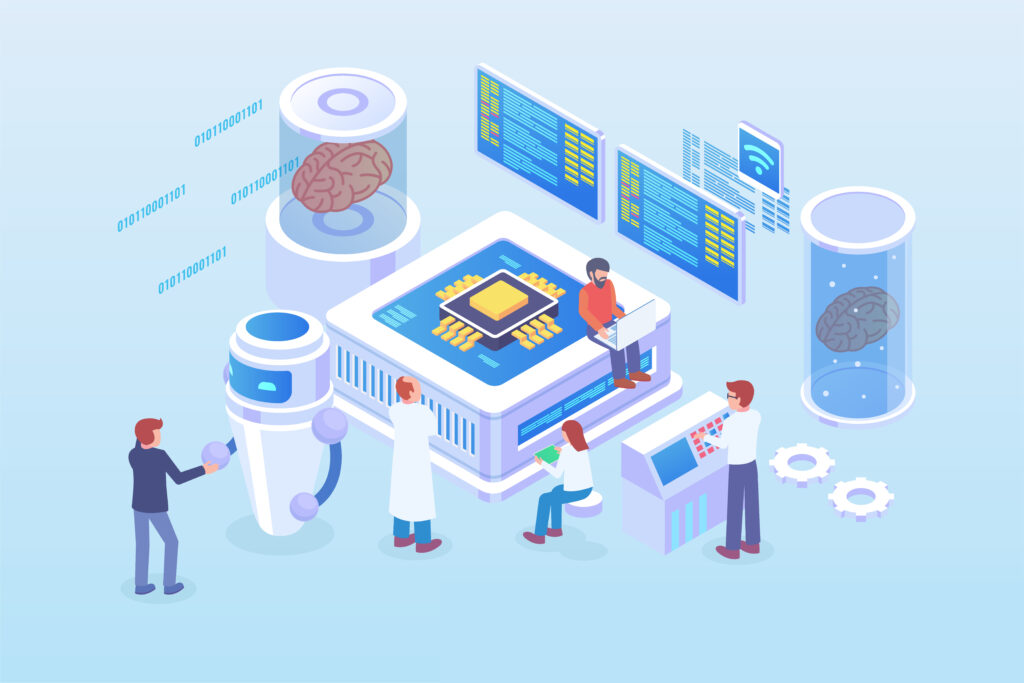

One area of application for AI concerns the prediction of material properties. For example, researchers from the University of Basel were able to make these predictions for elpasolite. Small variations in composition make this naturally occurring mineral either an electrical conductor, a semiconductor or an insulator.
From an application point of view, it would now be incredibly helpful to know the properties of many elpasolites. With millions of possibilities, however, the expenditure required for experimentation is far too great, and the corresponding quantum mechanical advance calculations require enormous computing capacity. On the other hand, it has proved promising to take some quantum mechanical results as a basis and to build further models on them using artificial intelligence. This opens up an area of research that would otherwise have been left out.
Similarly, models of catalysis processes result in new materials being acquired faster and more specifically. And in the reverse synthesis of up to six-stage reactions, AI can reduce the complexity of the problem. In this way, it can identify the required initial substances based on the input of the desired product.
Artificial intelligence thus opens up many new fields of activity. Ilmac, the top industry event in Basel, provides a particularly targeted orientation in two ways: An exciting programme in cooperation with the Swiss Chemical Society addresses the topic of “Artificial Intelligence and Digitisation” on the first day of the Ilmac Conference. On all three days, exhibitors will present their companies and job vacancies at their stands and/or on the Job Wall – all within the framework of job connect.
| Ilmac 2023 | |
|---|---|
| Event dates | Tuesday, 26 September 2023, 9:00 a.m. to 5:00 p.m. Wednesday, 27 September 2023, 9:00 a.m. to 7:00 p.m. Ilmac Networking Apéro 5:00 to 7:00 p.m. Thursday, 28 September 2023, 9:00 a.m. to 5:00 p.m. |
| Venue | Messe Basel | Hall 1.0 |
| Organiser | MCH Messe Schweiz (Basel) AG |
| info@ilmac.ch | |
| Web | https://www.ilmac.ch |

